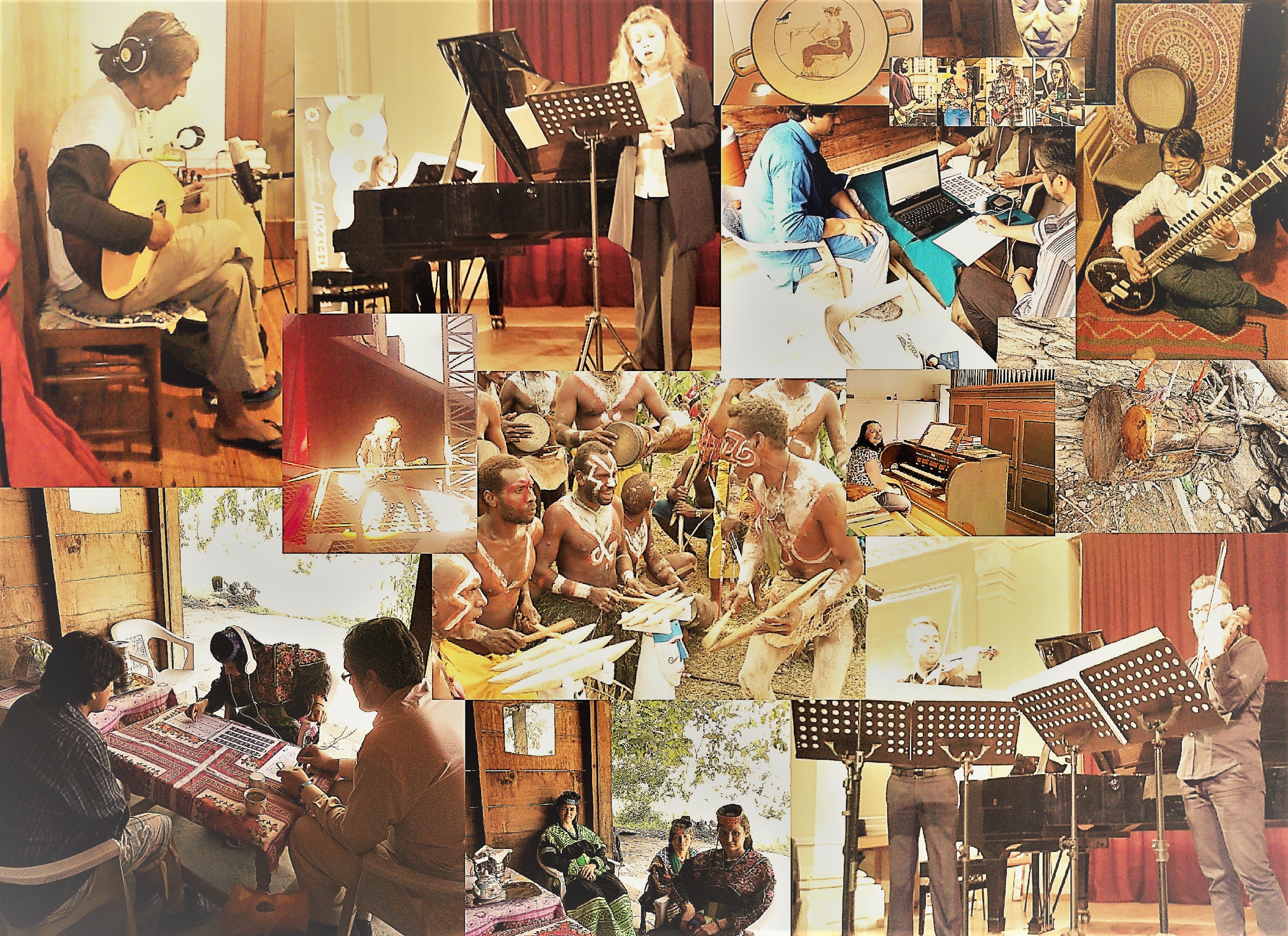
The aim of this seminar series is to introduce students to the techniques and methods necessary for fieldwork in ethno/transcultural musicology, ranging from remote tribes in Papua New Guinea all the way to urban settings in the Berlin nightclub scene. Conceptual, ethical, and methodological issues are discussed, and a substantial practical component is included.
On this course,
we seek to bridge the gap between theoretical methodological approaches and
practice-based research in the field by placing focus on the experiential,
tangible, and subjective dimension of music ethnography. We emphasize on the
dialogue between theory and practice of qualitative fieldwork research in
contemporary settings, where all genres of music are created, performed, and
consumed. Past projects include fieldwork reports on student orchestras, live
electronic music, the role of pop music in everyday life, and the relationship
between spirituality and music. The course includes both theoretical seminars
as well as workshops whose aim is to introduce students to issues related to observation,
interview techniques, listening practices, social skills for conducting
qualitative research, and analysis techniques of qualitative data. The general
principles governing ethics in ethnomusicological research (e.g., consent, and the
role of the researcher with the participants s/he studies) and audiovisual
recordings are also presented.
At the end of the seminar series, students are expected to:
· be aware of the main ethical and theoretical issues raised in fieldwork research in transcultural (ethno)musicology
· be able to set up a fieldwork project in transcultural (ethno)musicology, using participant observation, interviews, and guided discussions
· have a full grasp of qualitative data encoding and analysis
- Kursverantwortliche/r: Dr. George Athanasopoulos
- Kursverantwortliche/r: Mats Küssner